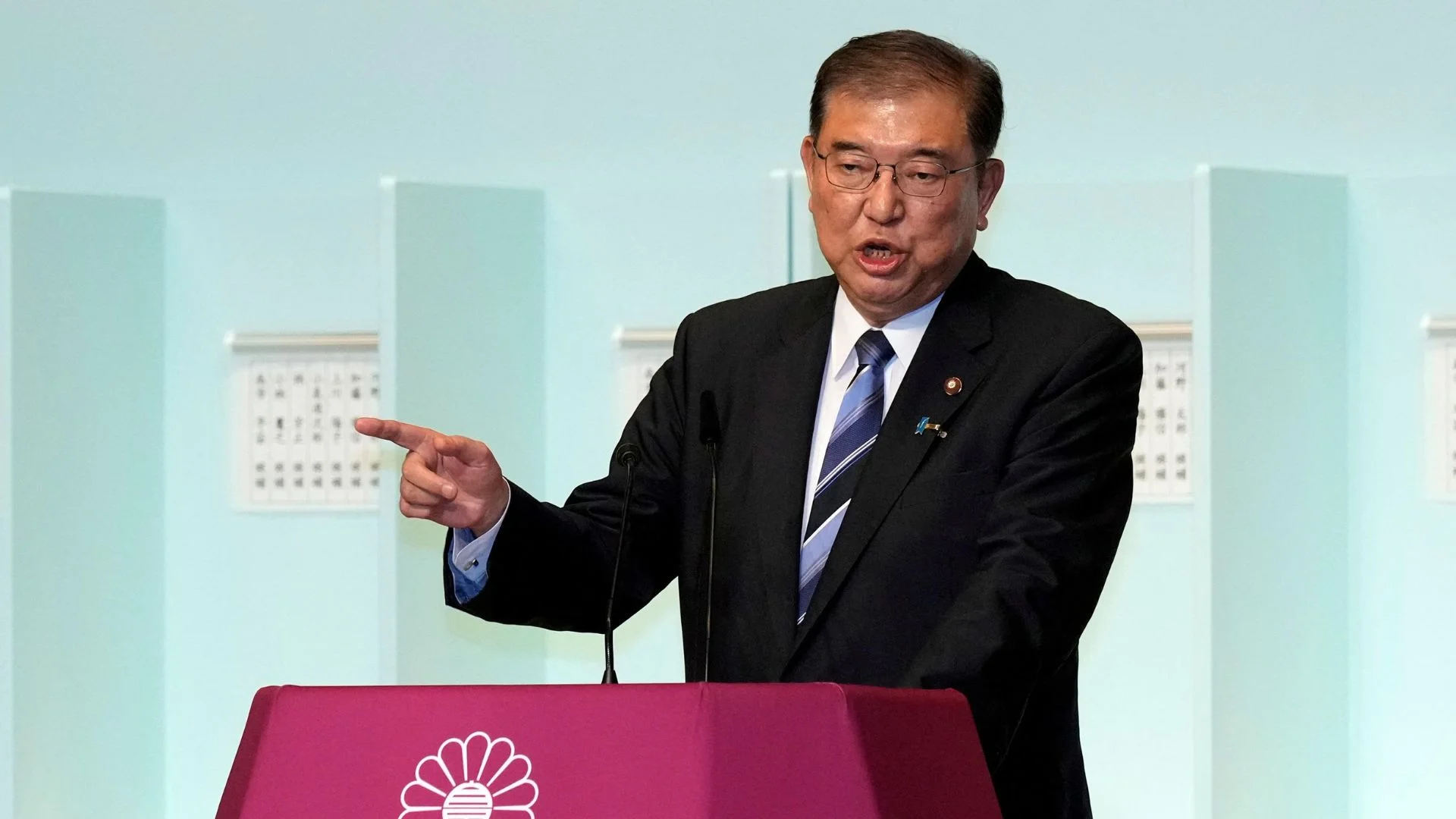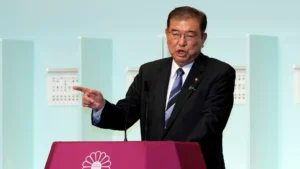Scandal-Tarnished Election Results and Slim Majority Raise Uncertainty
Japanese lawmakers are set to decide on Prime Minister Shigeru Ishiba’s leadership on Monday after his scandal-hit coalition lost its parliamentary majority in a lower house election held late last month. Ishiba, who assumed office on October 1 and called the snap election, faces a fragile political situation despite his Liberal Democratic Party (LDP) and coalition partner Komeito securing the most seats in the election, but failing to maintain their majority, which they had held since 2012.
Opposition’s Influence and Possible Policy Gridlock
While Ishiba is expected to remain in office, his ability to govern effectively is uncertain. His administration will likely operate as a minority government, forced to navigate increasing challenges from international tensions, including protectionist policies under US President Donald Trump, rising confrontations with China and North Korea, and growing domestic discontent over the cost of living.
The Democratic Party for the People (DPP), a smaller opposition force, has positioned itself as a kingmaker. The DPP has declined to form a formal coalition but may offer support on specific policies. DPP leader Yuichiro Tamaki has stated that his party will not vote for Ishiba in Monday’s session, signaling potential difficulty for the ruling coalition in pushing through its policies.
Internal Party Struggles and Leadership Uncertainty
Ishiba’s political future is further complicated by his own party’s challenges, including the scandal over unrecorded donations to lawmakers, which has sparked public distrust. Meanwhile, Tamaki himself faces internal pressure as he contemplates his position after admitting to an extramarital affair, which was exposed by a tabloid. Additionally, Former Prime Minister Yoshihiko Noda of the opposition Constitutional Democratic Party is expected to be another candidate for prime minister, leading to a possible runoff vote if no candidate secures a majority.
Upcoming Fiscal and International Challenges
Ishiba also faces pressing domestic issues, including the need to pass a supplementary budget to address rising welfare and cost-of-living concerns. Furthermore, he must navigate complex international relations, particularly with the United States, as tensions rise over trade and defense cost-sharing, matters largely addressed during the tenure of his predecessor, Shinzo Abe. Ishiba’s ability to restore public confidence and manage his international relations will be crucial to his political survival.














